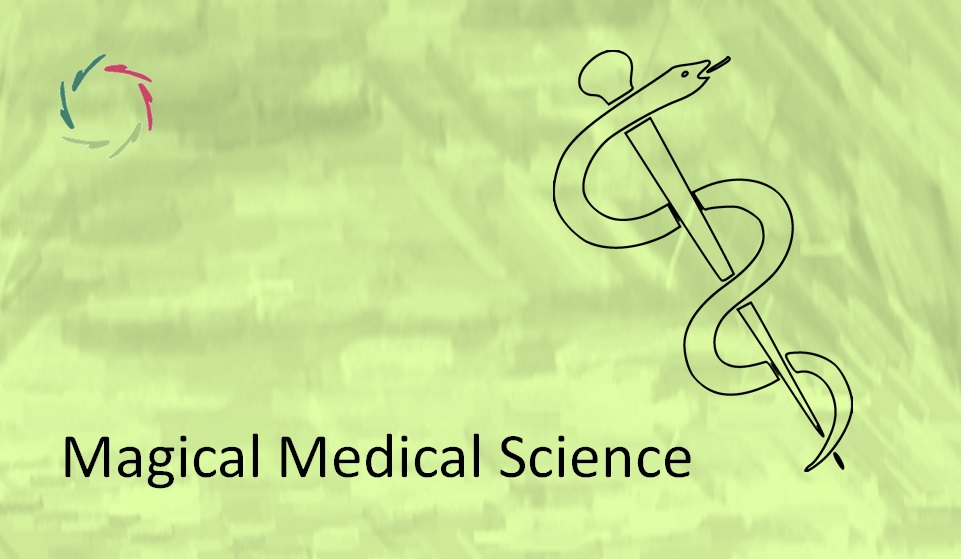Whirlpool Illness

From medical uni-causal to multicausal to whirlpool-causal thinking.
No black or white
Few people really think there is only one possible cause for each disease. Pragmatically however, many people act as if finding a cause is the end of the meaningful causal search.
Including physicians.
Being pragmatical
With the cause found, proper management should be at bay ― at least frequently. Why would one keep thinking about many possibilities if the patient needs his therapy now?
Of course, being pragmatic is a serious argument in healthcare. Apart from this, ‘doing something’ is a serious endeavor. One wants to help or be helped. Indeed. But would you likewise go to the train station and take just any train when you need to catch yours?
I guess not. In many cases, it pays to know whether the direction is correct. This is very practical knowledge ― depending on available time and resources.
Many diseases are multicausal
Not only potentially, as in textbooks, but in concrete cases with actually ill patients. For instance, an infection may be caused by a germ, but why does one person get sick and not another? The immune system plays a substantial role ― sometimes the biggest- making it more evidently ‘the cause’ than the germ. At this point, physicians may shout, ‘Of course!’ before reading the next question.
How large is the immune system’s role generally without a specific immune disorder? How large are its fluctuations due to temporary factors? Add to this my preferred question: How large is the role of the psyche in how the immune system – and the body in general – reacts to the germinal attack?
If large, then diagnosis – and therapy – should take this strongly into account.
Whirlpool-causality
The whirlpool causal principle is seldom or never discussed in medical textbooks. In my view, this is a huge gap in our understanding of how people get ill and then get better again. The whirlpool principle may be relevant to most cases that get into the doctor’s office.
The reason is that we are complex organisms, not simple (or complicated) mechanisms. In complexity, many elements interact in intricate loops. These interactions usually stabilize the organism (allostasis, homeostasis) within a complex environment. But sometimes, the interactions get out of hand in self-enhancing feedback loops. Once inside, things get increasingly out of hand until the person becomes severely ill or may even die. What we call ‘illness’ may be primarily the result of getting into such loops in most cases. Thus, not the individual elements are causal, but the whirlpool is.
This is not exclusively relevant to the mind. However, the mind happens to be our most complex asset. Thus, one can expect complexity-related phenomena in this respect, such as gastric ulcers and COVID-19. Generally, the underlying principle may be an acute stress whammy on the basis of a chronically predisposed organism (chronic stress, depression, burnout, anxiety). Such mind elements may be present in the whirlpool together with body elements.
The future will clarify this
Science will probably – with the use of A.I.-tools – show a lot of what we are missing right under our noses. This way, we are evolving toward a realistic picture of a whirlpool of disease.
Lisa can be an excellent tool in this endeavor.


